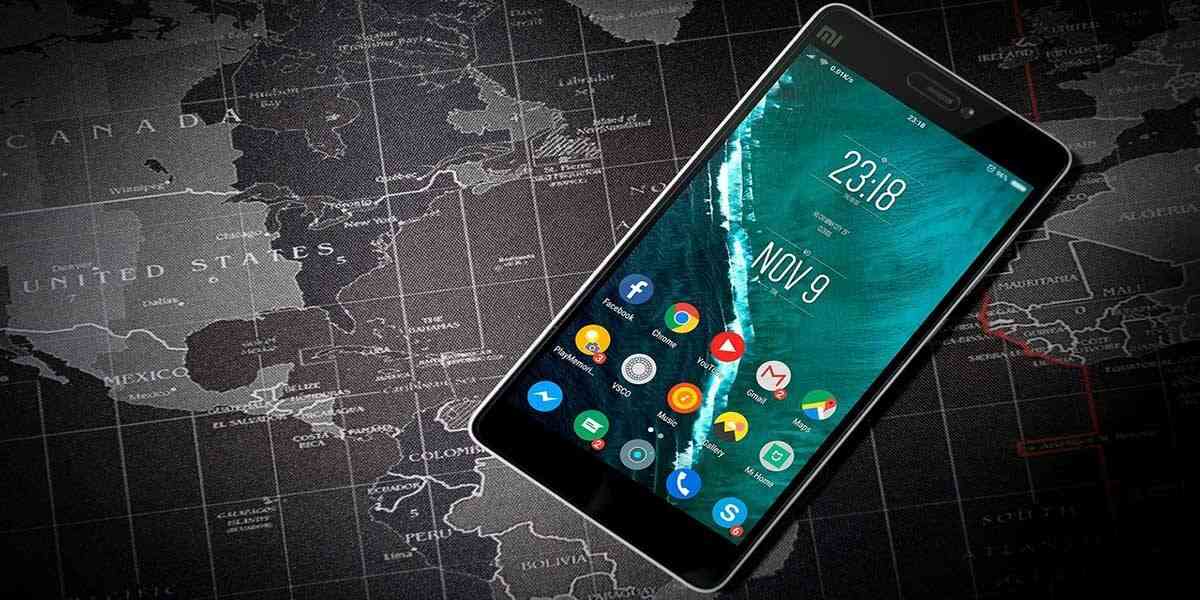Google Insists On Mobile-first Indexing
- - Category: Communication
- - 02 Mar, 2023
- - Views: 317
- Save

Mobile Phones are critical in today’s world. Having a mobile-friendly website can’t be a reconsideration.
Google Insists On Mobile-First Indexing
Mobile Phones are critical in today’s world. Having a mobile-friendly website can’t be a reconsideration. They are becoming the cornerstone of content utilization and buying. Mobile searches encourage purchase decisions and increase buying intent.
What is Mobile-First-Indexing (MFI)?
“Mobile-first indexing” means Google will consider the mobile version of any new website for evaluating, indexing and ranking the site, instead of the desktop version which was used predominantly. 1st July 2019 onwards, all new websites by default would be analyzed and ranked on Search on the basis of “mobile-first indexing”. For older and existing websites, Google would determine their readiness for “mobile-first indexing” based on the quality of the content including text, images, videos, links and structured data as well as other meta-data, titles and descriptions. Google will intimate them through the Search Console once they see your mobile site being ready.
The mobile-first indexing initiative has come a long way. Let’s see it’s a gradual process:
- 2016 – Google first announced this idea
- December 2017 – Google initiated mobile-first indexing for a small handful of sites.
- March 2018 – Mobile-indexing began to roll out on a broader scale.
- Year-end 2018 – Half the pages on the web were indexed by Google’s smartphone Googlebot.
- 1st July 2019 (The official announcement) – All new websites by default would be analyzed and ranked on the basis of “mobile-first indexing”.
Why did Google do this?
Google’s entire business and foundation is built on a simple principle to give user information as fast and accurate as possible. A study says mobile users spend two times more minutes online than desktop users and Google can’t continue indexing desktop sites first, when the majority of their traffic is on mobile. Google still wants to deliver content fast and effectively, this time Mobile First.
Is your site ready for Google’s mobile-first indexing?
As the search industry has moved from Desktop to Mobiles, you’re risking both sales and traffic if your site is not MFI ready. Here are some insights on how to get there smoothly:
- Make sure your site displays the same key content on mobile as it does on the desktop. (Text, images, and videos)
- Meta titles and descriptions should be present on the desktop and mobile versions of a site.
- Hreflang links on separate mobile URLs should be checked. When using link rel=hreflang elements for internationalization, the link between mobile and desktop URLs separately. Your mobile URLs’ hreflang should point to the other language/region versions on other mobile URLs, and similarly link desktop with other desktop URLs using hreflang link elements there.
Make sure the server hosting website has the scope to handle an increased crawl rate from Smartphone Googlebot.
Google will be evaluating sites individually on whether or not the above criteria are met. When the requirements are met, then a site can be moved to the mobile-first index.
Now let’s move on to some facts of MFI which cannot be ignored:
- Ranking signals will come from your mobile, not desktop version. Google has ranked your mobile site based on many signals from your desktop site, as we covered before. That is going to flip, and Google will rank your mobile and desktop sites based on signals they get from crawling your site from a mobile view.
- Google plans to use one Index- Mobile site. As Google grows confidence in the mobile-first index, eventually that will be the only index used. Only if the new index isn’t proved useful, Google could go back to a desktop-first index. It has, after all, called the mobile-first index an “experiment.”
- You will not be ranked for non-similar content. If you have content on your desktop site is not similar to that on your mobile site, then Google will not rank you for it.
- Page loading speed on mobile is critical. Fast page speed will be key to a successful mobile site. If your website loading speed is slow, (more than 5-8 seconds) there could be a demotion.
- If your site doesn’t render properly, it can fall out of Google’s index.
- You must pay keen attention to how your site is displayed if there is an error you may fall out of Google’s Index.
Mobile traffic isn’t the wave of the future. It’s already here, and it’s here to stay. Google’s gradual rollout of mobile-first indexing means that Google will index mobile sites first instead of desktop sites henceforth. So, If your mobile site isn’t responsive, fast, and ready to roll, your rankings can suffer greatly. It’s always better to be ahead of the curve than struggling to catch up. We at iDigitize will ensure a smooth transition to Mobile Indexing with our Efficient development team and our ever-evolving SEO Strategies.


